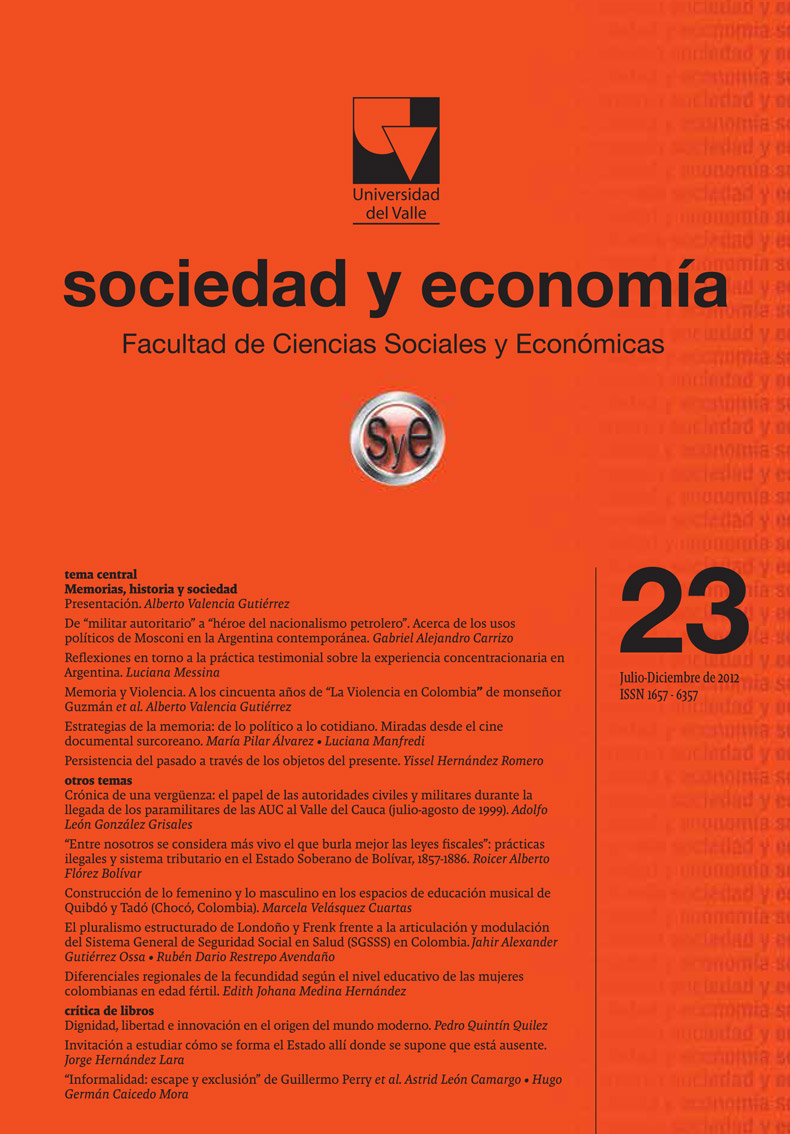Strategies of Memory: from the Political to Everyday Life. A View on South Korean Documentary Films
Published:
2012-07-15
Keywords:
Historical Memories, Collective Memory, Identity, Documentary Films, New Korean Cinema.Main Article Content
This article describes and analyzes how historical memories are shaped in contemporary South Korean documentary film, as well as their relationships with documentary makers’ social and family imaginaries. The main goal is to discuss new tendencies of historical memories in South Korean documentaries and their influence in the debate on memory as audiovisual images. To that end, we have selected two documentaries, Cheonggyecheon Medley: A dream of iron (Kelvin Park 2010) and Repatriation (Kim Dong Won 2003), which will be studied in a comparative manner within the academic debate on memory and documentary films. Based on our observations, we suggest that there is a new trend in South Korean documentary cinema which shows how a dual functionality of political memory—as an ideological-pedagogic practice and as a need of everyday life—generate a “grey area” of memories in conflict.
1.
Álvarez MP, Manfredi L. Strategies of Memory: from the Political to Everyday Life. A View on South Korean Documentary Films. soc.eco [Internet]. 2012 Jul. 15 [cited 2026 Feb. 12];(23):85-98. Available from: https://sociedadyeconomia.univalle.edu.co/index.php/sociedad_y_economia/article/view/3982
Downloads
Download data is not yet available.

This work is licensed under a Creative Commons Attribution-NonCommercial 4.0 International License.
Revista sociedad y economía editada por la Facultad de Ciencias Sociales y Económicas de la Universidad del Valle se encuentra bajo una Licencia Internacional Creative Commons Atribución - No comercial 4.0
Basada en una obra en http://sociedadyeconomia.univalle.edu.co

